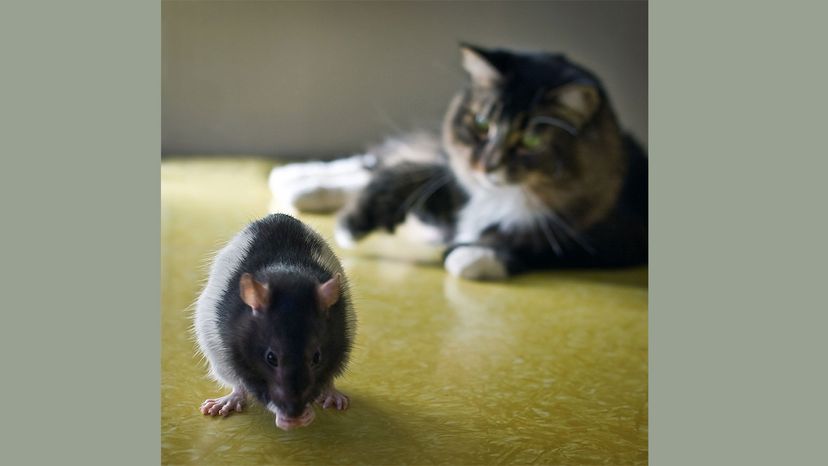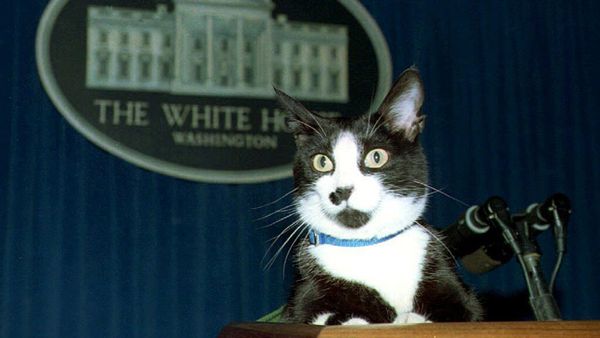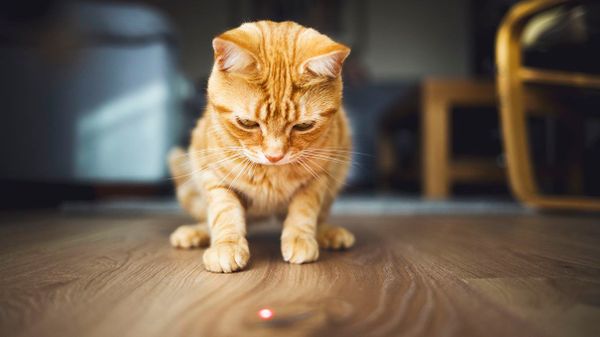
Humans have tolerated the haughty demeanor of cats for at least 10,000 years, in large part because their furry feline friends are so good at keeping vermin, like mice, under control. But new research, published September in the journal Frontiers in Ecology and Evolution shows that cats – while quite good at slaying small birds and mice – may have very little impact on rat populations.
In 2017, Fordham University's Michael Parsons made like a modern Pied Piper, microchipping and monitoring about 60 rats living in a Brooklyn, New York recycling center. The team manipulated the rat population by unleashing various rat pheromones to see how those chemicals would affect the rats' behaviors. These experiments had an unintended side effect, as feral cats, probably attracted by the smell of potential prey, slinked into the building.
Advertisement
At first the researchers, apparently unfamiliar with the futility of herding cats, tried (and failed) to evict the unwanted felines. Then, they decided to capitalize on the unintended invasion by including the five cats in the study to see what effect they had on the rats.
With hundreds of video clips as evidence, scientists logged just 20 stalking attempts, three kill attempts and only two successful kills by the cats during the 79-day experiment. Most of the time the cats ignored the rats.
That kill rate is pretty bad. However, the researchers did note that for every additional cat sighting, a rat was 1.19 times more likely to seek shelter. They concluded that this might be the reason people think cats were good at controlling a rat population.
"People see fewer rats and assume it's because the cats have killed them — whereas it's actually due to the rats changing their behavior," says lead researcher Michael Parsons in a press statement.
Why were the cats not more aggressive hunters? Probably because feral cats instinctively understand that one unlucky bite from a hefty 12-ounce (337-gram) rat could lead to a life-altering (or life-ending) injury. Indeed other research has shown that cats are much more likely to kill birds and small rodents like mice, which typically weigh 1 ounce (30 grams) and won't put up as much of a fight.
"We are not saying that cats will not predate city rats, only that conditions must be right for it to happen," says paper co-author Michael A. Deutsch of the Arrow Exterminating Company Inc. in the same press statement. "The cat must be hungry, have no alternative less-risky food source, and usually needs the element of surprise."
To that end, the researchers suggest replicating this experiment in some other place with less food available than a waste management facility in New York City.
Advertisement


